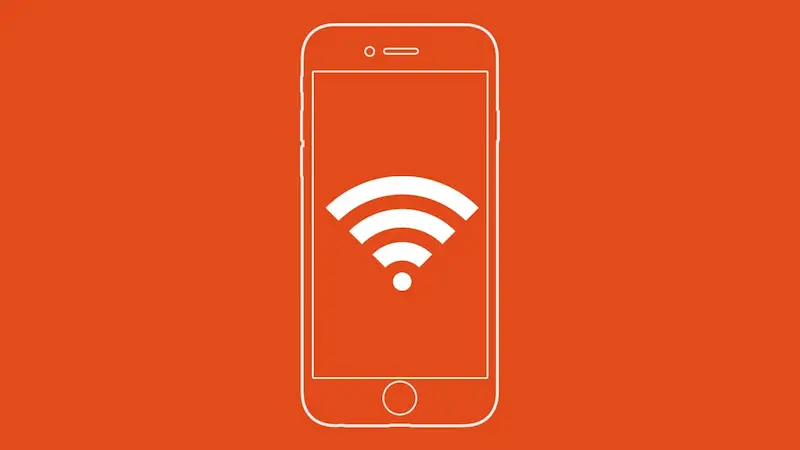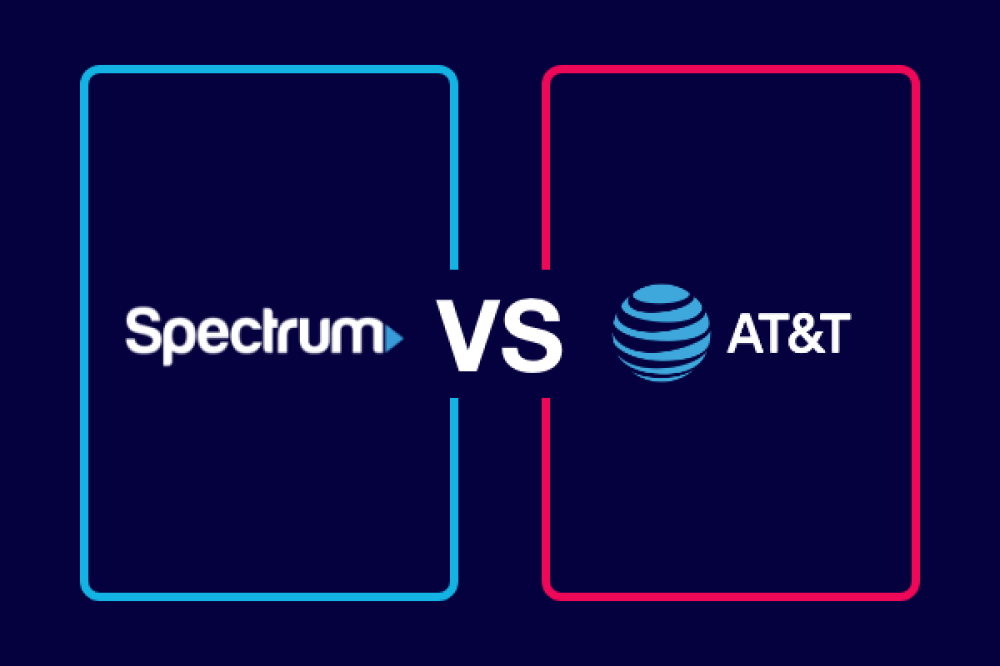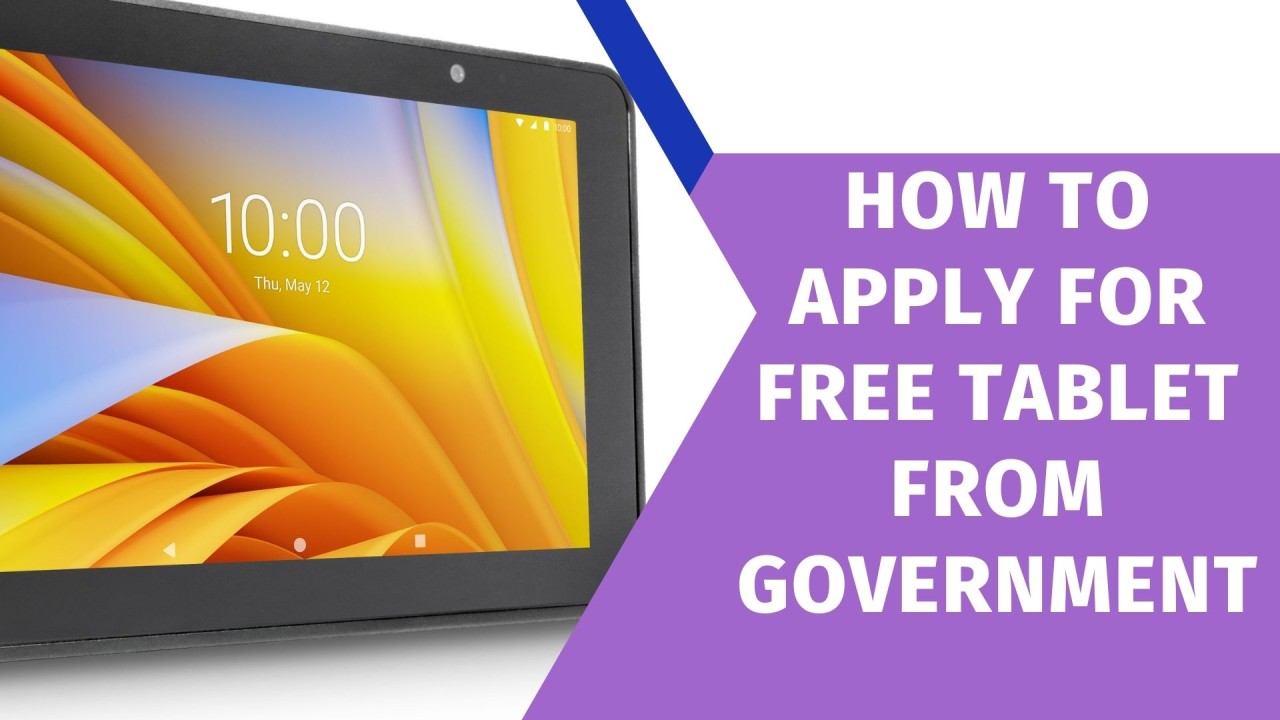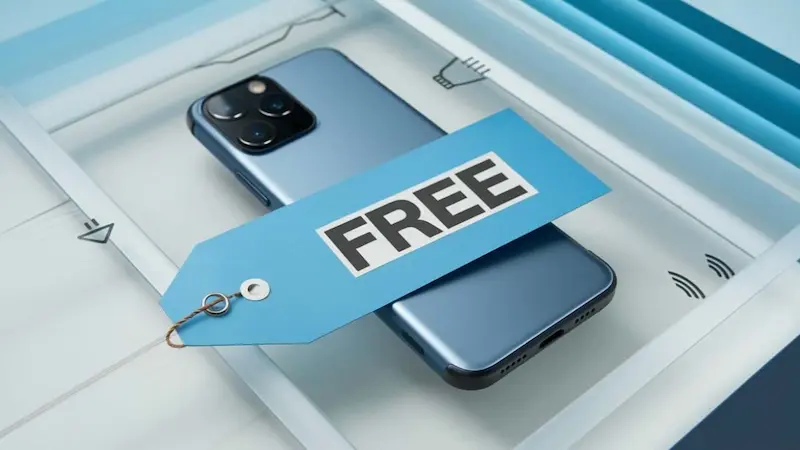Challenges and Criticisms
Despite its positive impact, the Lifeline Program is not without challenges and criticisms. One of the most pressing issues is its susceptibility to fraud. Reports have surfaced revealing instances where individuals exploited the program to gain benefits unlawfully. This misuse undermines the program's integrity and diverts resources away from those in genuine need.
- Stricter Guidelines and Verification Processes: In response to these challenges, the Federal Communications Commission (FCC) has implemented stricter guidelines and verification processes to combat misuse. For example, the FCC introduced measures requiring service providers to perform rigorous eligibility checks before providing discounts. These measures are designed to ensure that only those who meet the specific criteria can benefit from Lifeline services, thereby increasing the program's overall efficiency.
- Need for Continuous Outreach: Another challenge is the continuous need for outreach to ensure that all eligible individuals are aware of the program and become enrolled. Many low-income individuals may not know about the Lifeline Program or may feel discouraged from applying due to the complexities of the process. Therefore, ongoing outreach initiatives are essential to inform potential participants about the benefits and how to enroll successfully.
- Funding Concerns: Lastly, the sustainability of funding for the Lifeline Program poses challenges. As more individuals become eligible, ensuring that adequate funds are available for all participants remains a concern. Adequate financial support is critical to maintain its aim of helping those in need and ensuring that the program can effectively serve its purpose without interruption.

Next Page
You May Also Like
-
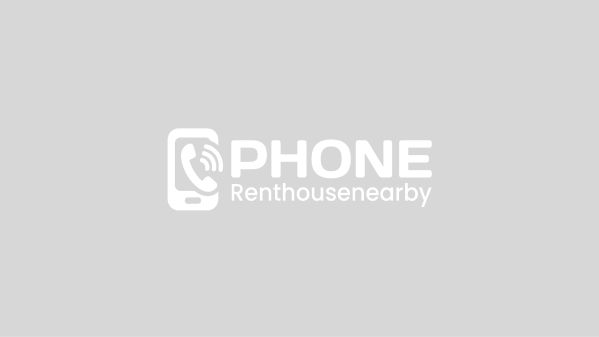
How Free Internet Services Can Help Low-Income Families Stay Connected
Free internet services can dramatically reduce financial strain for low-income families by relieving them of the burden of internet costs and enabling better financial management. This, in turn, enhances their overall quality of life and affords them greater financial stability.
-

How to Qualify for Free Internet and WiFi in Your Area
Learn how to qualify for free internet and WiFi through programs like ACP and Lifeline. Discover eligibility criteria, application steps, and benefits for low-income families.
-

How to Get Low-Cost Internet through AT&T Access and Spectrum Internet Assist
In today’s digital era, access to the internet is not merely a convenience; it has become a fundamental necessity for individuals, families, and communities. The internet serves as the primary gateway to a vast array of services, opportunities, and resources that underpin modern life. From communication and education to healthcare and employment, the internet plays a crucial role in facilitating participation in society. However, many low-income households face significant barriers when it comes to affording reliable internet access. These barriers can lead to social isolation and hinder opportunities for economic advancement, effectively exacerbating existing inequalities.
Popular Blog
-

Affordable Alternatives When You Don’t Qualify for Free Government Phones in the U.S.
Don’t qualify for a free government phone like Lifeline? This article explores affordable options for staying connected. Discover prepaid plans, discounted deals, the used phone market, and how to leverage free Wi-Fi and community resources to maintain essential communication on a budget.
-

How to Get a Free Tablet from Government Programs
In this article, we’ll explore these programs, the types of tablets you can get, and the carriers currently participating in these initiatives.
-

How to Check Your Eligibility for Free Cell Phones and Services
Learn how to check your eligibility for free cell phones and services through programs like Lifeline and ACP. Discover income-based requirements, application steps, and benefits.

